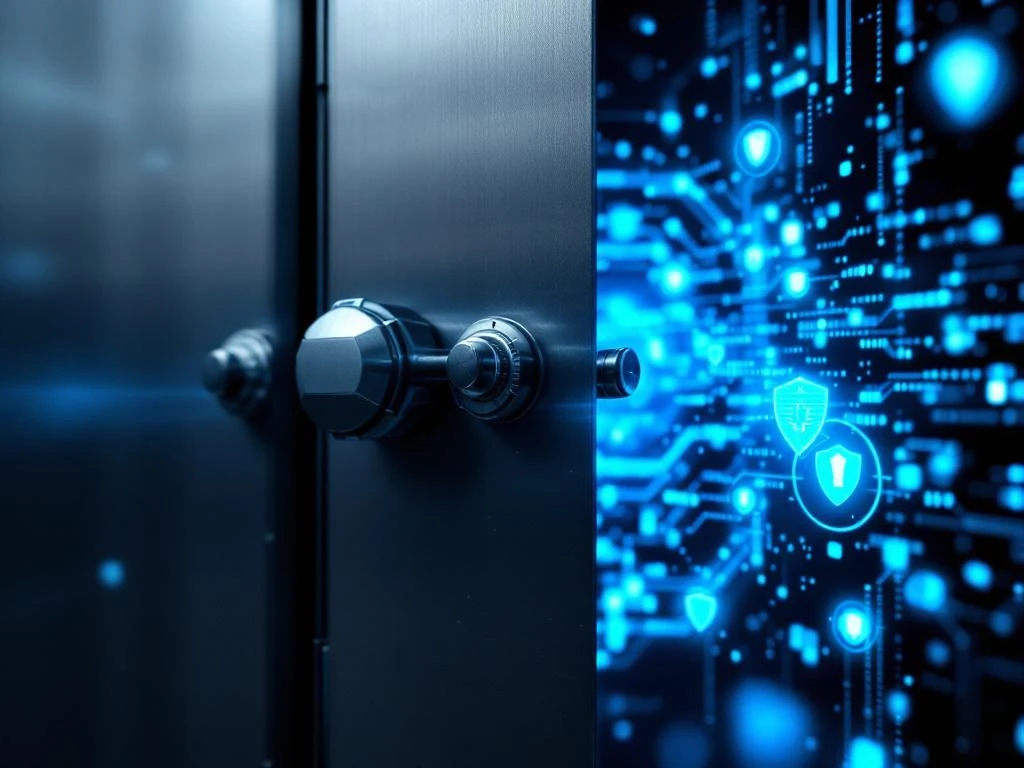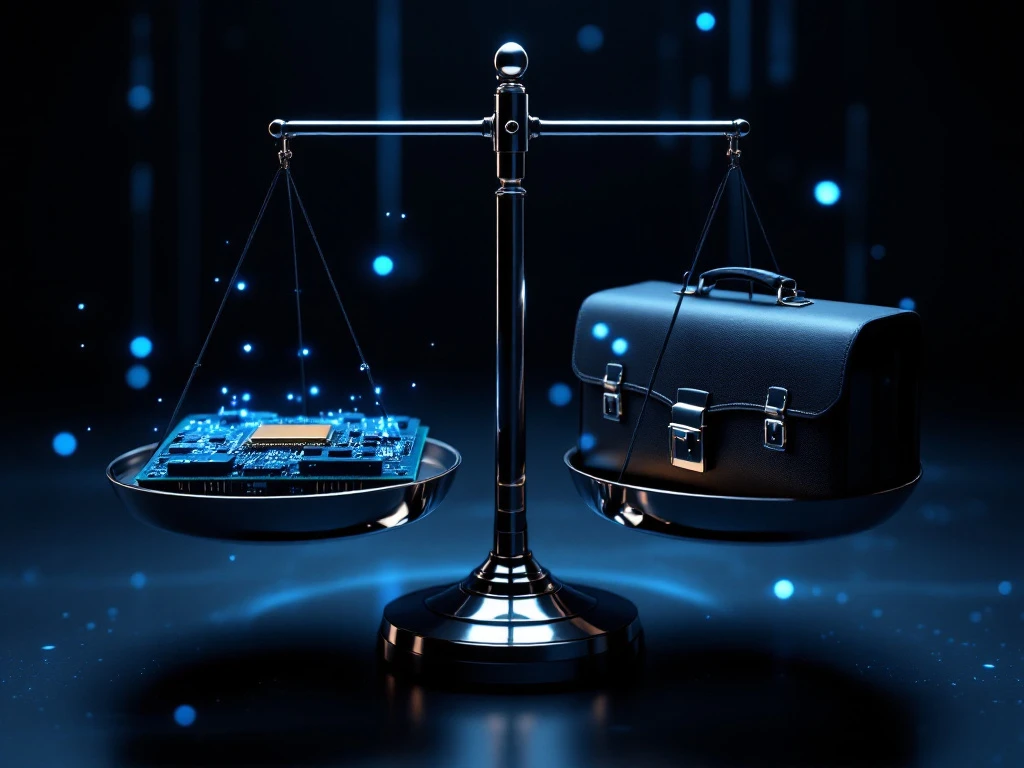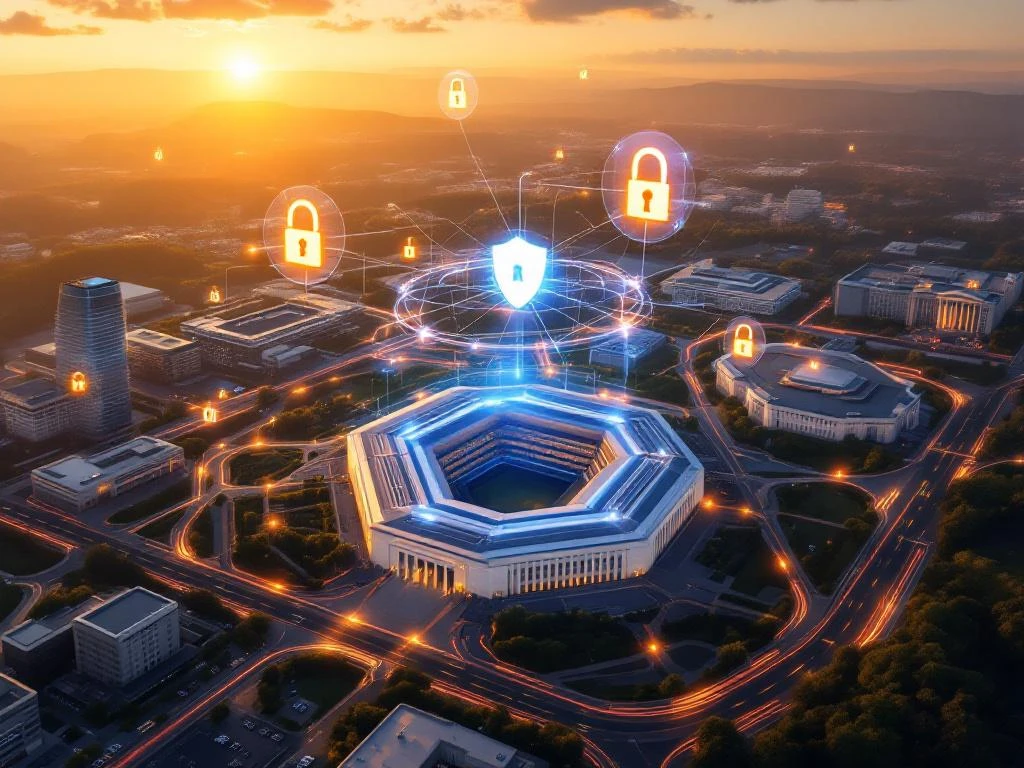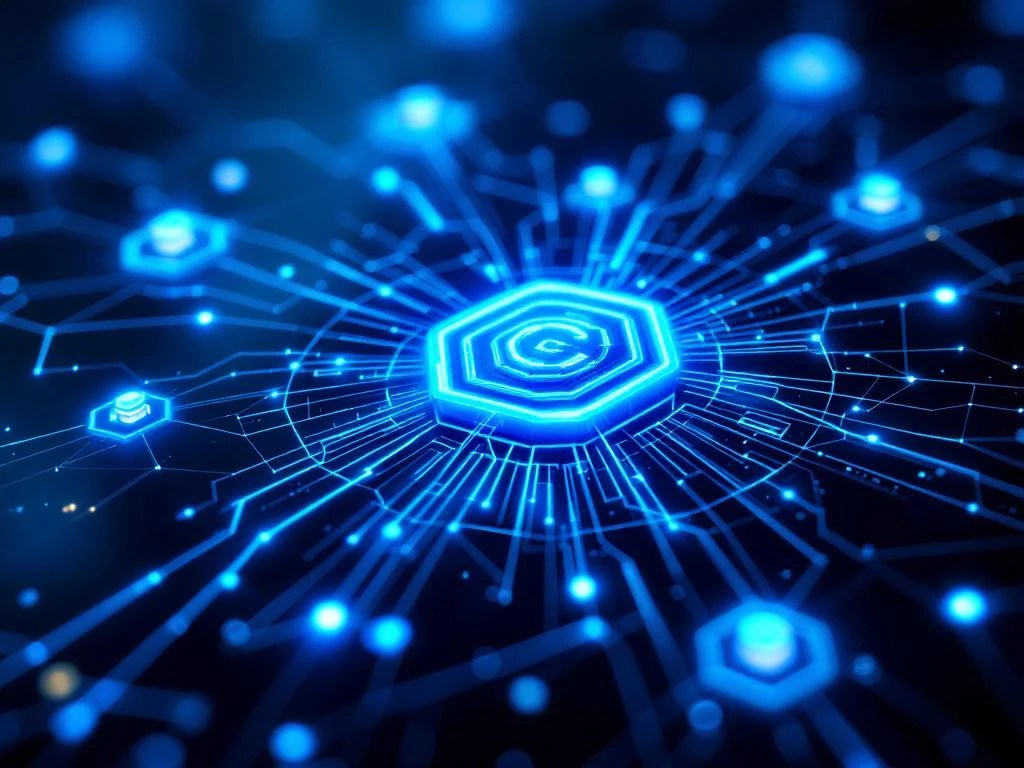

-
UK: +44 203 8876 770
US: 315 508 6500 - cybersecurity@thisisiceberg.com
-
8 Devonshire Square, London, EC2M 4YJ

The legal technology landscape encompasses specialized roles focused on managing case information and electronic data. Litigation support professionals primarily assist with document management, exhibit preparation, and trial presentations within the litigation workflow. Meanwhile, eDiscovery specialists concentrate on electronic data handling across the entire discovery process, applying technical expertise to identify, collect, process, and analyze digital evidence. Though overlapping in some skills, these distinct career paths serve complementary functions in the modern legal ecosystem, with different educational backgrounds, technical requirements, and advancement opportunities.
Litigation support professionals serve as the technical backbone for legal teams throughout the case lifecycle. These specialists manage the organization, preparation, and presentation of case materials that attorneys rely on to build successful arguments.
The day-to-day responsibilities typically include database creation and maintenance, document coding and organization, exhibit preparation, and managing trial presentation technologies. Litigation support professionals ensure that case information is systematically organized, easily retrievable, and effectively displayed when needed in court proceedings.
Common job titles in this field include Litigation Support Specialist, Trial Technology Consultant, Litigation Analyst, and Litigation Support Manager. These professionals require strong organizational skills, attention to detail, and an understanding of legal procedures, combined with technical abilities to navigate specialized litigation software platforms.
The value of litigation support becomes especially apparent during trial preparation, when these professionals help attorneys organize thousands of documents into coherent exhibits and develop compelling visual presentations. They’re often the unsung heroes who ensure critical documents are instantly accessible during depositions or trial.
At Iceberg, we’ve observed that litigation support roles require professionals who can balance technical capabilities with a thorough understanding of legal workflows. These specialists become indispensable team members by creating efficient systems that allow attorneys to focus on legal strategy rather than document management logistics.
eDiscovery professionals focus specifically on managing electronic data throughout the legal discovery process. Their responsibilities encompass the entire Electronic Discovery Reference Model (EDRM) framework, from information governance through identification, preservation, collection, processing, review, analysis, and production of electronic evidence.
These specialists must navigate complex technical challenges while maintaining legal compliance. They identify potentially relevant electronically stored information (ESI), implement preservation protocols to prevent spoliation, collect data using forensically sound methods, and process it for attorney review.
The technical aspects of eDiscovery work are substantial, requiring familiarity with data processing tools, review platforms, and analytics technologies. eDiscovery professionals must understand how to handle various file types, email systems, cloud storage platforms, and mobile device data while maintaining chain of custody and addressing data privacy concerns.
Typical positions include eDiscovery Specialist, eDiscovery Project Manager, Data Processing Analyst, and eDiscovery Attorney. These roles blend technical expertise with legal knowledge, requiring professionals who can translate between IT and legal departments while managing complex workflows.
We’ve seen increasing demand for eDiscovery project managers who can coordinate these multifaceted processes while ensuring compliance with court-ordered discovery requirements and managing tight deadlines.
Educational backgrounds for these two career paths often reflect their different emphasis on legal procedure versus technical expertise. While both fields value relevant experience over specific degrees, distinct educational patterns emerge.
Litigation support roles traditionally attract professionals with backgrounds in paralegal studies, criminal justice, or general legal education. Many successful litigation support specialists begin their careers as paralegals or legal assistants, developing an intimate understanding of case workflow before specializing in the technical aspects of document management and trial preparation.
In contrast, eDiscovery positions often draw candidates with more diverse educational backgrounds, including information technology, computer science, digital forensics, or data analytics. The technical demands of processing and analyzing electronic data require stronger foundations in IT concepts, though legal knowledge remains valuable.
Continuous learning is essential in both fields due to rapidly evolving technology and changing legal standards. Professionals in both areas benefit from ongoing training in specialized software platforms, legal technology advancements, and updated procedural rules governing electronic evidence.
Industry organizations like the Association of Certified E-Discovery Specialists (ACEDS) provide educational resources and networking opportunities. Many professionals also pursue vendor-specific training for the platforms commonly used in their organizations.
At Iceberg, we’ve observed that candidates with hybrid backgrounds combining legal and technical education are particularly valuable in both fields, as they can effectively bridge communication gaps between attorneys and IT personnel.
Both litigation support and eDiscovery offer compelling career advancement paths, though they follow different trajectories based on organizational structure and technological evolution.
Litigation support professionals typically advance by taking on larger case responsibilities, managing support teams, or specializing in complex trial presentation technologies. Career progression often involves moving from specialist to coordinator to manager roles, with advancement opportunities in law firms, corporate legal departments, and specialized legal service providers.
eDiscovery careers often offer more diverse advancement options due to the field’s broader technical scope. Professionals may specialize in forensic collection, data processing, review management, or information governance. As they gain experience, opportunities emerge in consulting, technical leadership, or program management overseeing enterprise-wide eDiscovery operations.
Salary ranges vary by organization type, geographic location, and specialization. Both fields generally offer competitive compensation, with eDiscovery roles sometimes commanding premium salaries due to the specialized technical expertise required, especially in cybersecurity-related positions.
Technological changes are continually reshaping both career paths. Artificial intelligence and machine learning are transforming document review processes, creating new specializations for professionals who can effectively leverage these tools while understanding their limitations.
We’ve seen professionals successfully transition between these fields, often bringing valuable cross-functional perspectives that enhance their career prospects. Those who continuously develop both their technical and legal knowledge position themselves for the most rewarding advancement opportunities.
The technical skill requirements for these roles reflect their different focuses within the legal technology ecosystem, though some fundamental abilities apply to both.
Litigation support positions typically require proficiency with:
eDiscovery roles demand more extensive technical capabilities, including:
Both positions increasingly benefit from knowledge of data privacy regulations like GDPR and CCPA, as compliance considerations now permeate all aspects of legal technology work. Cybersecurity awareness is also becoming essential as legal data security concerns intensify.
Project management capabilities are valuable in both fields but particularly crucial for eDiscovery professionals who must coordinate complex workflows with multiple stakeholders against tight deadlines. The ability to effectively communicate technical concepts to non-technical legal teams remains critical across both specializations.
At Iceberg, we help organizations identify candidates with the precise technical skill mix needed for their specific environment, as requirements can vary significantly depending on the tools and workflows in place.
Organizational structures for these functions vary widely based on company size, industry, and litigation profile, though certain patterns have emerged as these specializations mature.
In law firms, litigation support teams traditionally operate as centralized resources serving multiple practice groups. They may report through administrative channels or, in more progressive firms, through dedicated legal technology leadership. Larger firms often maintain dedicated litigation support departments with specialized roles for database administration, trial technology, and project management.
eDiscovery teams follow more diverse structural models. Some organizations maintain them within IT departments due to their technical nature, while others position them within legal departments to ensure closer alignment with case strategy. Hybrid reporting structures are increasingly common, recognizing the cross-functional nature of eDiscovery work.
Corporate legal departments typically organize these functions based on litigation volume and regulatory exposure. Companies facing frequent litigation often maintain internal litigation support and eDiscovery capabilities, while those with intermittent needs may rely more heavily on outside service providers, maintaining only coordination roles internally.
Collaboration models between these technical specialists and attorneys continue to evolve. The most effective organizations foster integrated teams where technical and legal professionals work in close partnership rather than in siloed departments, recognizing that modern litigation success requires both legal strategy and technical execution.
Both functions may interact extensively with IT departments regarding data storage, security protocols, and system access. Clear communication channels between legal, technical, and business units become essential for efficient operations, especially in large organizations with complex information environments.
We’ve helped many organizations structure and staff their legal technology teams, adapting best practices to their specific organizational needs and litigation profiles.
When evaluating these related but distinct career paths, several key considerations emerge that can help professionals make informed decisions about their legal technology careers.
While both fields support the legal process, litigation support typically offers more direct involvement with trial preparation and courtroom presentation, appealing to those who enjoy the dynamic atmosphere of case preparation. eDiscovery provides deeper engagement with technical challenges and data analysis, attracting professionals with stronger interests in information systems and emerging technologies.
The future outlook for both specializations remains strong, though technological evolution will continue reshaping required skills. Automation will likely reduce certain routine tasks while creating new opportunities for professionals who can effectively implement and manage increasingly sophisticated tools.
For professionals early in their careers, both paths offer viable entry points to the legal technology field. Those with stronger technical backgrounds may find easier initial entry into eDiscovery roles, while those with legal experience might naturally transition into litigation support. With experience, professionals can build complementary skills that enable movement between these specializations.
Organizations increasingly value professionals who understand both litigation support and eDiscovery processes, recognizing the interconnected nature of these functions in the modern legal environment. The ability to bridge these domains can create significant career advantages.
At Iceberg, we’ve observed that the most successful professionals in both fields share certain qualities: adaptability to evolving technology, strong communication skills spanning technical and legal domains, meticulous attention to detail, and a problem-solving mindset. These characteristics serve well in either specialization and support long-term career resilience.
Whether you’re considering a career shift or looking to staff these critical functions within your organization, understanding the nuanced differences between these roles is essential for making informed decisions in this dynamic field.













